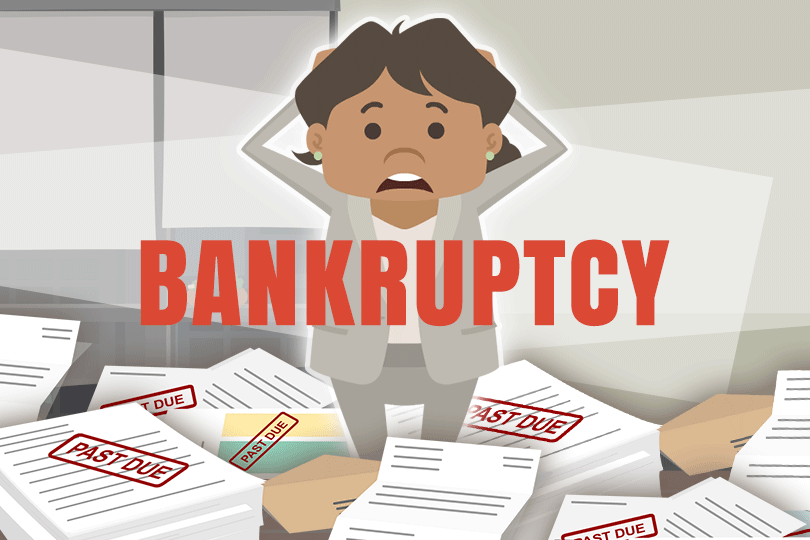FHA Loan Rules for Unemployment and Bankruptcy

Does this FHA loan applicant have a chance to get a new FHA home loan with these issues as part of his or her recent history?
FHA loan regulations require borrowers to wait a minimum of two years before applying for a new FHA mortgage after Chapter 7 bankruptcy. Similar minimum wait time requirements apply for foreclosure proceedings. This waiting time is known as a "seasoning period" and many lenders go beyond the FHA minimums and require a three-year wait.
These longer wait times are not illegal or prohibited by FHA loan rules. Once three years since a Chapter 7 bankruptcy is discharged, many lenders will consider a borrower for a new FHA mortgage. The borrower must qualify for the new FHA mortgage loan in the same way he or she would for any other home loan application and show good credit since the time of the bankruptcy and/or foreclosure.
When it comes to gaps in the work history, FHA rules require an explanation, but significant work history (a year or more) since the date of the unemployment should be enough to offset the gap presented in this scenario.
As with all aspects of FHA home loan applications, the borrowers specific circumstances play a big part of this--what is considered a problem for some borrowers may not be an issue for others depending on other factors such as credit history, the nature of the employment, and the reasons for gaps in the employment record.
Also, the lender must verify current income and employment to judge whether current work is stable and "likely to continue". Simply having a new job or a recent change in employers is not enough to disqualify you from an FHA guaranteed loan.
These types of situations are handled case-by-case--never assume you are ineligible for an FHA loan until you have been denied or told you aren't eligible by a lender or FHA representative.
------------------------------
RELATED VIDEOS:
Let's Talk About Home Equity
Understanding Your Loan Term
A Few Words About Bankruptcy

Do you know what's on your credit report?
Learn what your score means.






